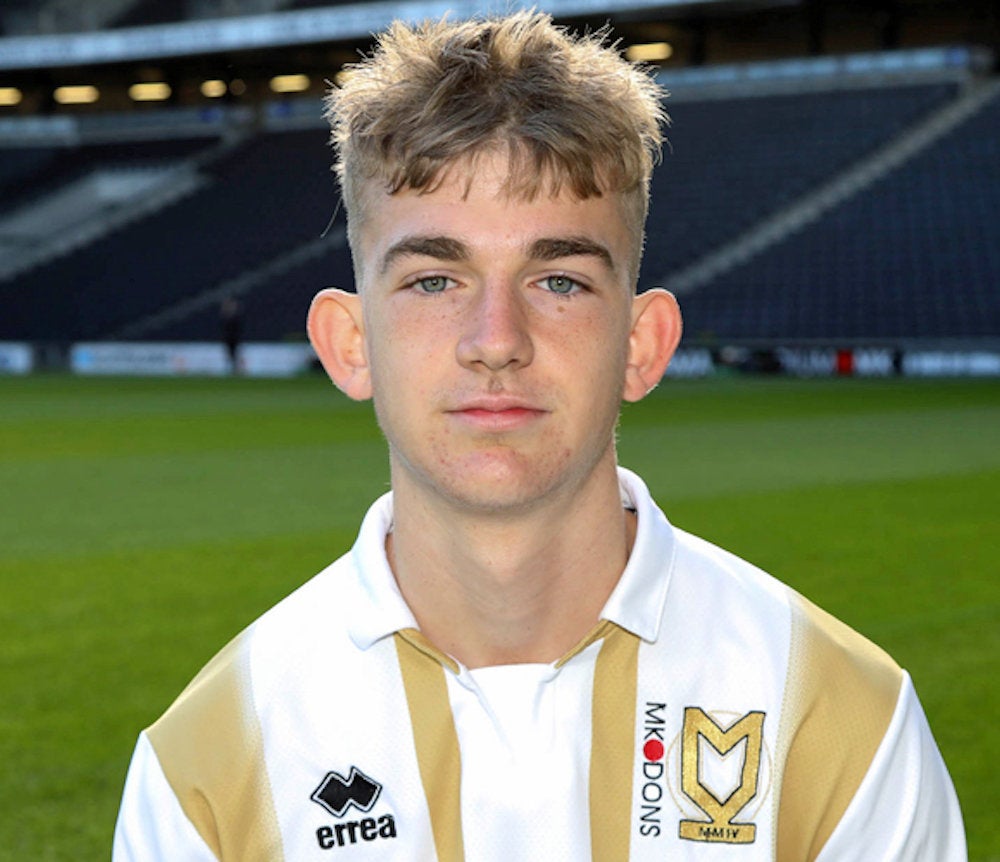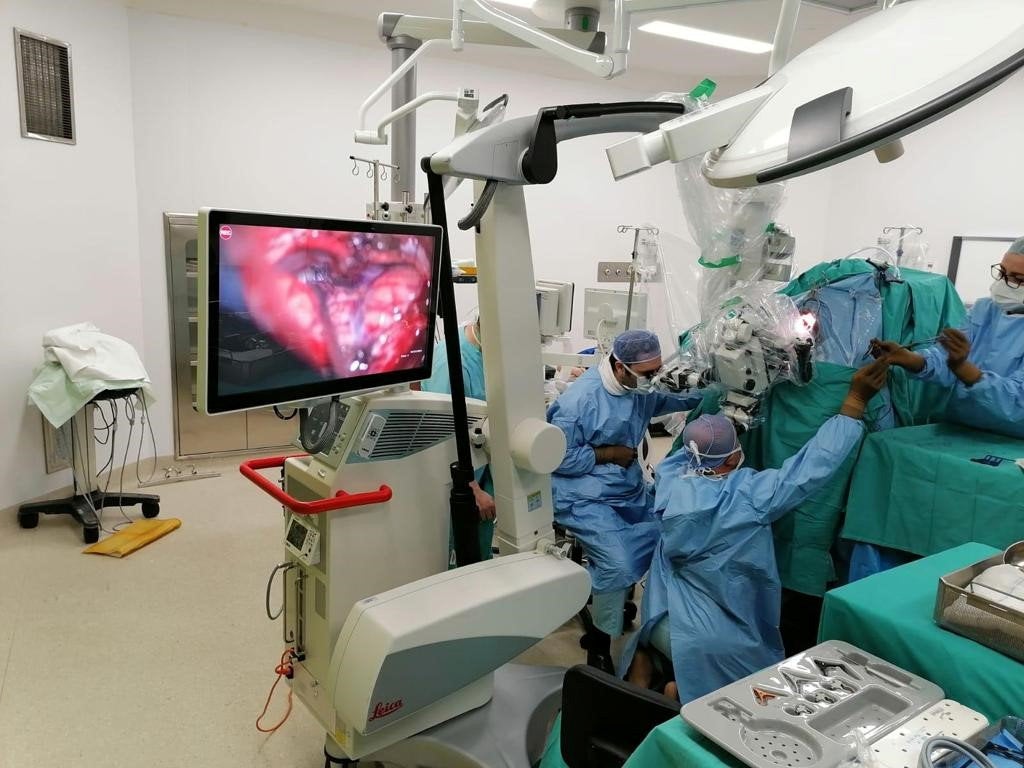Talented footballer reveals first sign of brain tumour after being diagnosed aged 18
Ollie Leach was on the brink of a professional football career when he started to experience double vision
Your support helps us to tell the story
From reproductive rights to climate change to Big Tech, The Independent is on the ground when the story is developing. Whether it's investigating the financials of Elon Musk's pro-Trump PAC or producing our latest documentary, 'The A Word', which shines a light on the American women fighting for reproductive rights, we know how important it is to parse out the facts from the messaging.
At such a critical moment in US history, we need reporters on the ground. Your donation allows us to keep sending journalists to speak to both sides of the story.
The Independent is trusted by Americans across the entire political spectrum. And unlike many other quality news outlets, we choose not to lock Americans out of our reporting and analysis with paywalls. We believe quality journalism should be available to everyone, paid for by those who can afford it.
Your support makes all the difference.A once talentedteen footballer is using this year’s World Cup tournament to raise awareness of the brain tumour that threatened his life and ruined his dreams.
Ollie Leach had played football for 11 years and was on the brink of a professional career when he started to experience double vision at the age 18.
He was diagnosed with an aggressive form of brain cancer but underwent successful private surgery in 2020 after fund-raising £30,00 for the treatment.
Ollie, now aged 21, is hoping to raise awareness of his condition by doing 10,000 keepy-uppies during the World Cup.
He will be joined by his former teammates from the Milton Keynes Dons football team who are contributing to the One Million Keepy Uppy Challenge.
The challenge has been organised by the Brain Tumour Research charity.
Ollie said: “I wasn’t really aware of what brain tumours were before I was diagnosed with one, but I hear about them more and more now and am surprised by how many people they affect.
“I don’t think I would have found out about my tumour if it wasn’t for playing football, and certainly not as soon as I did.
“I’m aware that not everyone with a brain tumour has the same experience as me though, so consider myself very lucky and want to do what I can to help others.”

Ollie started to notice his double vision during football games. He remembers that he would have to guess where the ball was as it came towards him.
Ollie from Baldock, Hertfordshire, said: “It was March 2020, the day before we went into a national lockdown, when I got the call telling me I had a mass on my brain.
“It was a lot to comprehend and didn’t feel real because I was so healthy, exercising a lot and eating well.”
Ollie had been playing football with Baldock Town FC since he was seven years old and went on to play for the Milton Keynes Dons when he was only 13.

After exploring natural alternatives and a ketogenic diet when he was first diagnosed with the low-grade germinoma, the tumour continued to grow.
Because of lockdown, Ollie decided to not tell many people about his news.
However, his phone ‘blew up’ after his family decided to crowdfund a trip to Turkey for private treatment.
Thanks to the generosity of friends and family they raised £25,000 of the £30,000 needed in one day.

In September 2020 Ollie flew to Istanbul to remove the tumour.
He said: “The operation took eight hours and my surgeon said it was the hardest he’d performed in his 25-year career.
“I woke up in intensive care knowing I was OK because I wasn’t blind or paralysed, which were some of the risks I’d been warned about.
“I had a condition called parinaud syndrome though, which causes your eyes to fix downwards.
“It got better after a few days, but I still see double when I’m not looking straight ahead.
“My surgeon told me he looked forward to the day I’d play football again but I’ve not been able to.”
He is now “enjoying university life” as a student of Physiotherapy in York.
He said: “I’m hoping a second surgery will help this because it’s inconvenient having to shut one of my eyes to read or see things properly.
“It’s unlikely they’ll ever be 100 per cent better but I’m used to how they are now so any improvement is welcome.”
Charlie Allsebrook, community development manager for Brain Tumour Research, said: “Ollie’s story is a stark reminder of just how indiscriminate brain tumours are, affecting anyone at any age.
“An estimated three million tickets will be sold for this year’s World Cup.
“With one in three people knowing someone affected by a brain tumour, this means more than one million fans attending will know the pain caused by this cruel disease.”
Brain tumours kill more children and adults under the age of 40 than any other cancer, according to the research charity.
However historically brain tumour research has only been allocated 1 per cent of the national spend on cancer research.




Join our commenting forum
Join thought-provoking conversations, follow other Independent readers and see their replies
Comments